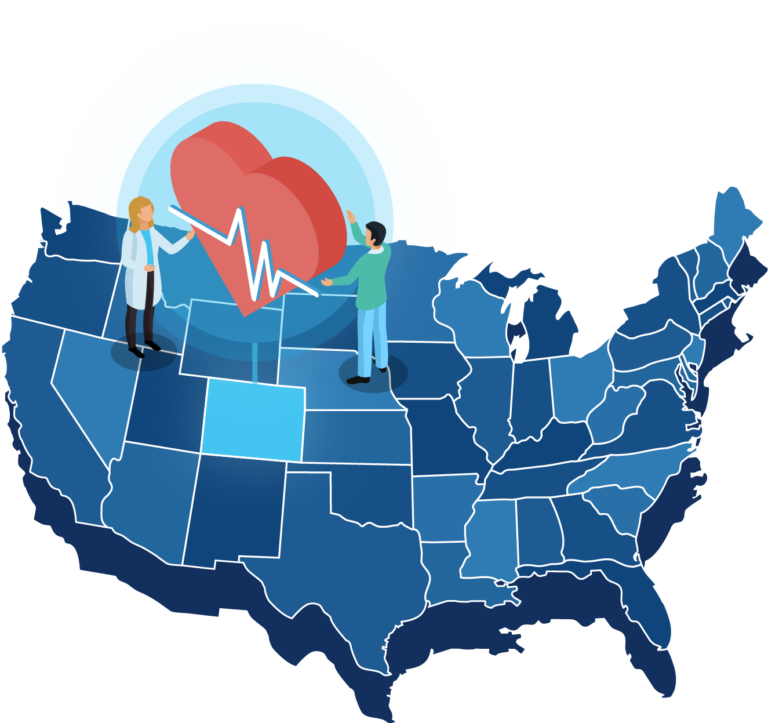By now, you have learned that the use of cardiac CT is a Class I recommendation by the American College of Cardiology for diagnosis coronary artery disease. CCTA/FFR has higher diagnostic performance.
And you think this is great because you know that:
1) cardiac CT is a great tool for patient care and plus patient wellness and prevention
2) your cardiologists are eager to offer cardiac CT for your community
3) the CT scanner is expensive
4) the staff are expensive
5) the scan is much faster, easier, and less expensive process for patients
6) it is a less complex procedure than a cardiac cath.
7) CT scanning requires fewer expensive resources from your health care organization.
8) And you know that providing cardiac CTA has a number of critical pre-scan elements that need to be completed for quality results
So how do you ensure that you have a program that can manage the volume you project and is cost-effective so that you have a rapid return on your investment? Do these 5 things to improve efficiencies of your cardiac CT program.
- Develop your standardized ordering CCTA referral/order process- ensure that the process is easy and streamlined for ordering physicians
- Create dedicated scheduler – who can interface with ordering physician offices and nurse navigator to schedule patients quickly and appropriately
- Dedicated nurse navigator – having a navigator is central for supporting the physicians, scheduler, patients, and the CT scan team with appropriate prep and protocols
- Develop cardiac CT technologists who can determine appropriate scanner protocols, reprocess images as required, and submit quality studies for FFR
- Create your cardiac CT physician reader pool- appropriately trained readers with radiology support for over reads is critical for ensuring quality outcomes for your patients
While knowing your cardiac CCTA program is a pivotable element of cardiology care, creating a high quality can seem overwhelming. Pulse Imaging Consultants can help you get past overwhelming and get to productive high quality patient care.
For more information on the impact of CCTA/FFR programs on patient care and developing a successful program, see the HeartFlow sponsored SCCT webinar






